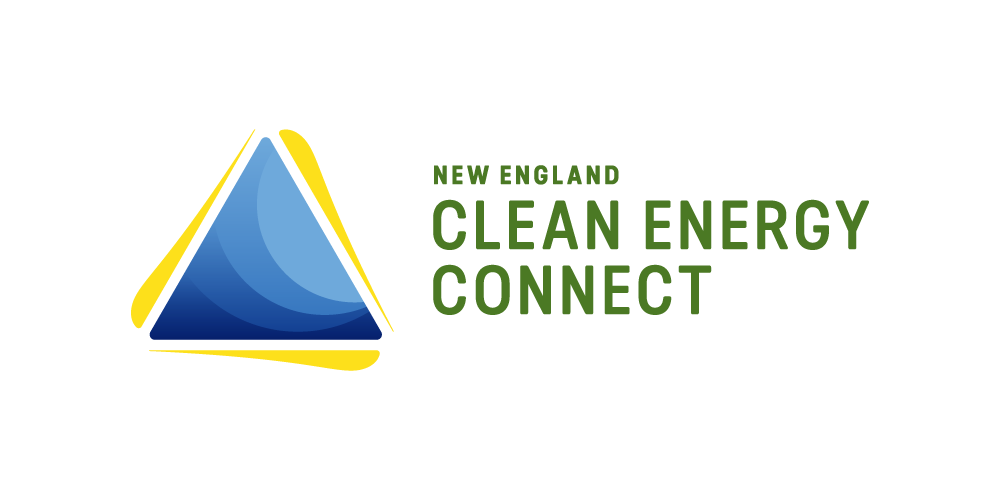Business group calls on state regulators to focus on ratepayer interests as well as reliability and sustainability
In a letter today the Massachusetts High Technology Council (the “Council”) urged the Massachusetts Department of Energy Resources (the “Department”) to give the highest priority to considerations of cost and economic impacts on electricity ratepayers as the Department considers transmission projects that will deliver renewable energy in support of the Commonwealth’s ambitious carbon reduction goals.
The Council recently joined with Associated Industries of Massachusetts and the Massachusetts Business Roundtable to host a public discussion featuring several suppliers bidding for the Massachusetts “83D” clean energy procurement.
“As regulators deliberate on the best project for Massachusetts’ clean energy future, strong consideration must be given to impacts on our ability to meet the needs of our growing economy,” said Christopher R. Anderson, the Council’s President. “Make no mistake, cost matters. We support the Commonwealth’s efforts to be a national leader in renewable energy, but we must all be mindful of the impact energy costs have on job creation and our reputation as a leader in the innovation economy.”
Regulators should be mindful of the evolution of energy technologies and the growing impacts of energy efficiency, smart grids, smart buildings, demand response, microgrids, batteries, and solar technologies are having on overall energy production and distribution.
Current and historic data, including key metrics tracked in the Massachusetts Technology, Talent and Economic Reporting System (MATTERS), the Council’s 50-state competiveness dashboard, show that energy costs in Massachusetts are consistently among the highest in the nation. For example, the average retail price of electricity Massachusetts is currently the 5th highest in the nation and ratepayers continue to see regular increases in base rates.
Overall, the high cost of doing business in Massachusetts is a competitive disadvantage for the state. In the just-concluded Fall 2017 MATTERS Executive Competitiveness Insight Survey, 77% of respondents cited the high cost of doing business as a top risk facing their business.
Following the 2016 enactment of an expansive clean energy law, Governor Baker and legislators repeatedly and wisely urged that only the most cost-effective projects should be considered in the clean energy RFP process and the affordability of each proposal must be given the highest priority. We call on DOER and all involved in the procurement process to heed that call.
Background:
In January 2018, Massachusetts’ first large-scale clean electricity solicitation process will conclude. The Commonwealth’s Department of Energy Resources, in partnership with electric distribution companies, are responsible for awarding long-term power contracts for delivery of up to 1,200 megawatts of clean energy into the state’s electrical grid.
The Massachusetts Clean Energy “83D” solicitation for imported hydropower, onshore wind power, energy storage, solar power and other resources is the result of the landmark An Act Relative to Energy Diversity, which was enacted in 2016.
About the Massachusetts High Technology Council – www.mhtc.org
The Massachusetts High Technology Council is the oldest and only cross-sector association of technology, professional services, and higher education CEOs and senior executives in Massachusetts. As advocates for public policies and programs that create and maintain a healthy and competitive business climate, the Council has lead winning strategies for 40 years.
